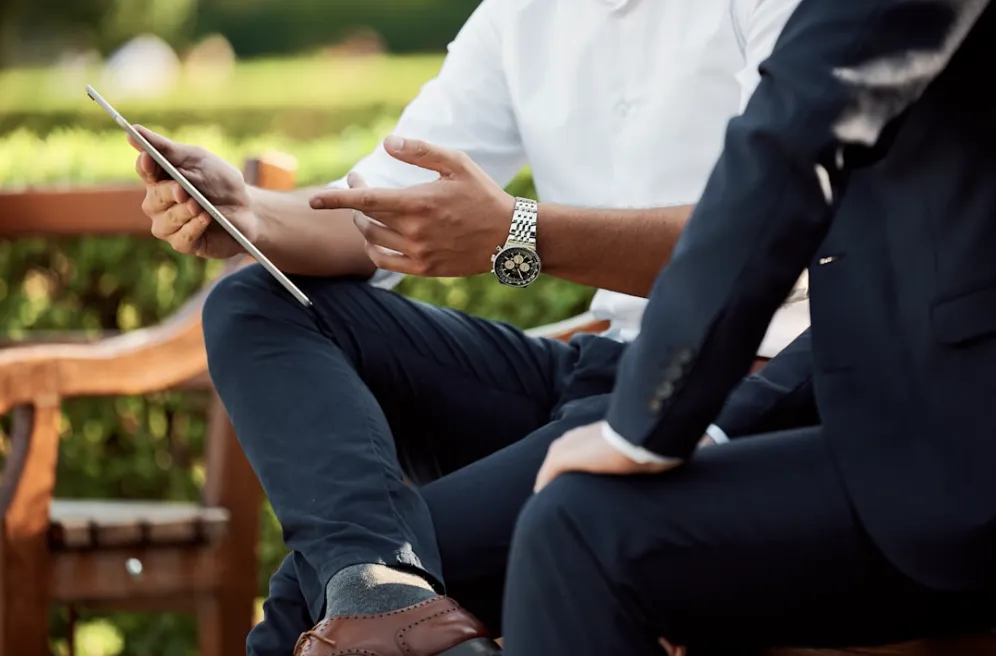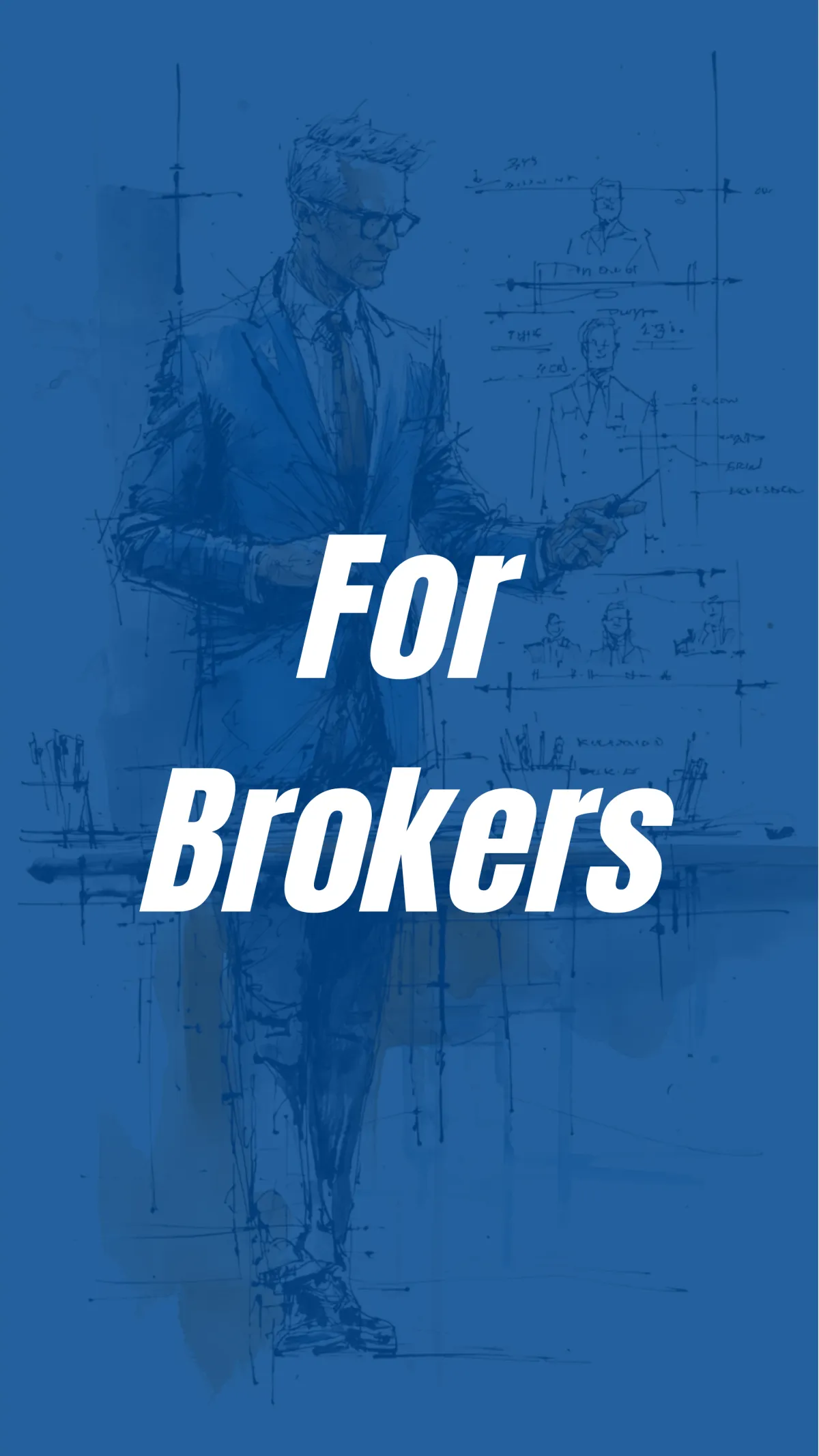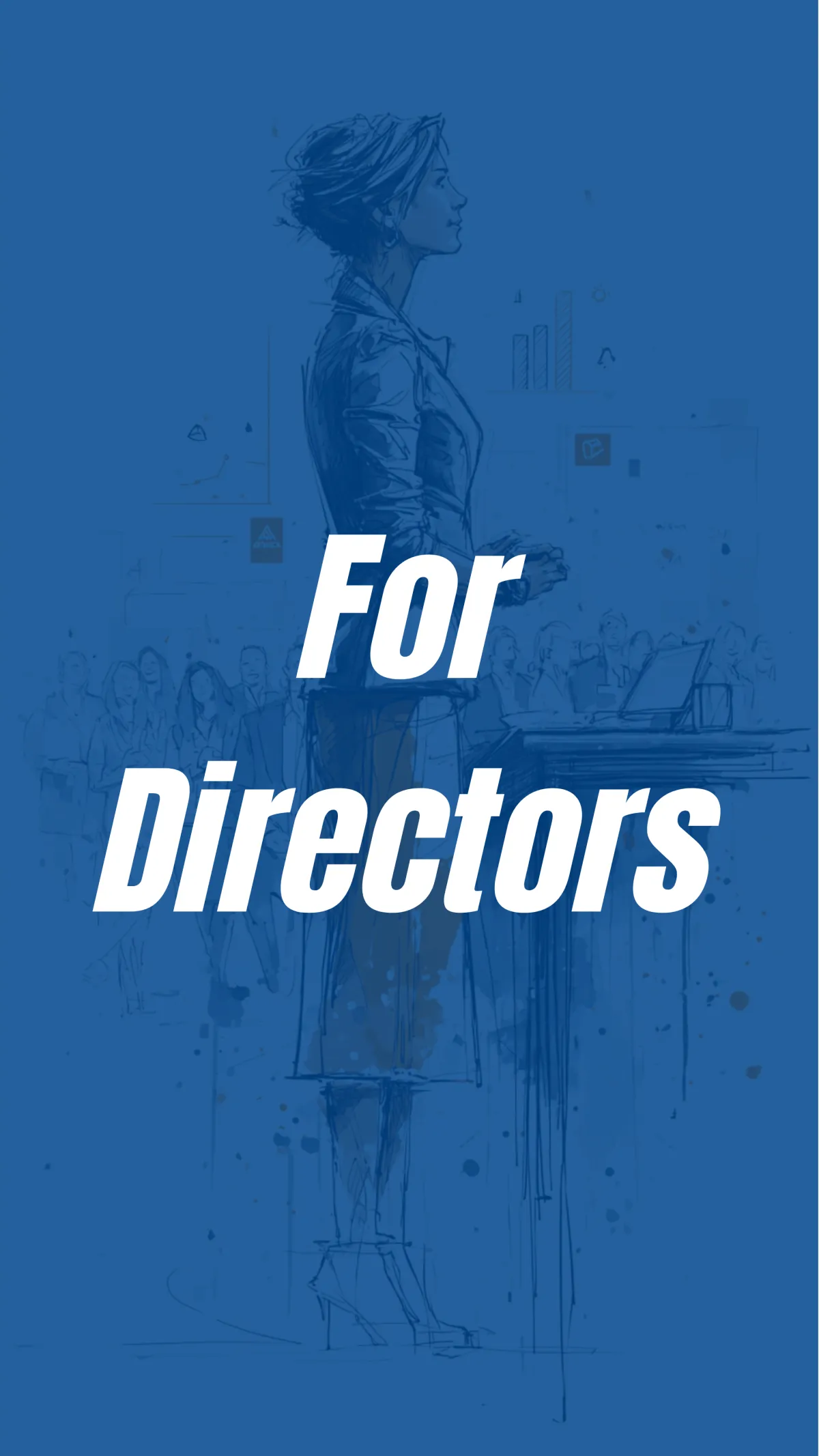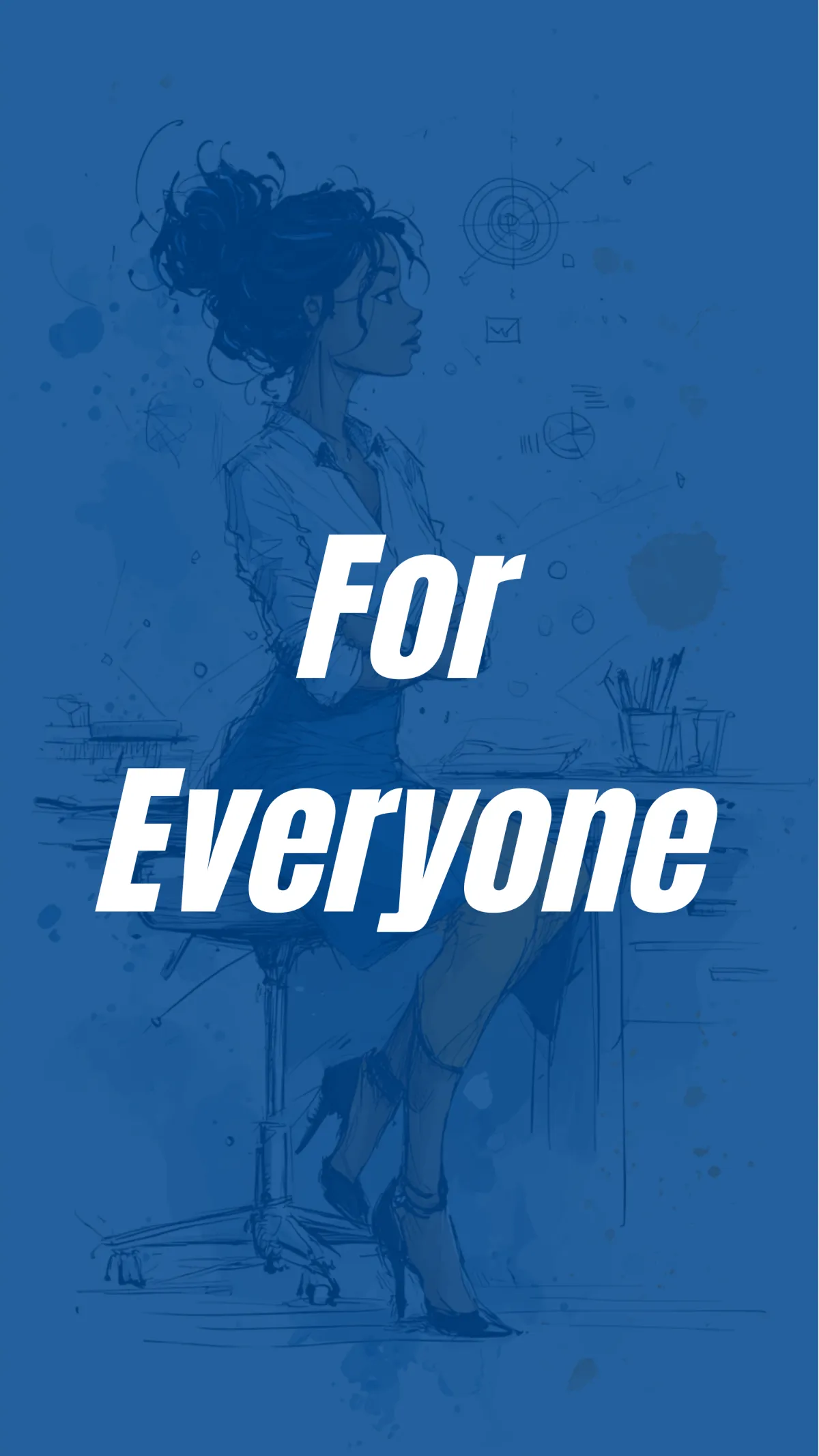
How Can Agents Mobilize Their Community Network Ethically?
As a real estate agent, you're told constantly that your social network is everything. People say to lean on your friends, your family, and your neighbors. You're probably wondering, how can agents mobilize their community network ethically?
The good news is that you can build a business from your community and social networks without feeling like a pushy salesperson. It's all about shifting your mindset from selling to serving. When you focus on being a valuable, contributing member of your community first, the business follows naturally.
Answering the question of how can agents mobilize their community network ethically is about playing the long game with authenticity at its core. This approach focuses on community mobilization through genuine participation and contribution, leading to sustainable business growth and positive social change.
Unlock your potential with AI-powered solutions tailored to your real estate needs. Save time, grow faster, and work smarter. Schedule your discovery session now atlesix.agency/discovery.
Why Your Community Network is Your Greatest Asset
Forget spending a fortune on cold leads that go nowhere. The people who already know you, like you, and trust you are your most powerful resource. These are not just names in a database; they are your social network, filled with real relationships and established trust.
Think about it. Who are you more likely to hire? A stranger from a billboard or a friendly neighbor who you know is an expert and has always been helpful? Your community network gives you a built-in advantage because trust, the cornerstone of any successful transaction, is already established. This personal connection is something that advertising dollars can't buy.
This trust is the foundation of a referral-based business, driven by positive word-of-mouth within your social networks. When someone from your community recommends you, it carries far more weight than any online review. It is a genuine endorsement from a source people already believe in, making it one of the most effective forms of marketing available.

The Foundation: Building Authentic Relationships, Not Just a Contact List
Before you even think about business, you need to focus on genuine connection through your social networks. Your primary goal is not to collect business cards; it's to build real friendships and be a positive force in your neighborhood. This is where many agents get it wrong and where ethical community mobilization begins.
They approach networking with a transactional attitude. To do this ethically, you must flip that script completely. Your new mantra should be "give before you get," which sets the stage for meaningful community participation and helps build community power from the ground up.
When you give your time, your knowledge, and your help without expecting anything back, people notice. It builds a reputation that no amount of advertising can buy. This is the heart of ethical community engagement and successful community development.
Show Up Consistently
Community engagement means actually being present. Attend the local high school football games, the farmers' market, or the town's holiday parade. Leave your business cards in the car and your sales pitch at home.
Your only objective at these events is to be a neighbor. Chat with people, ask about their kids, and talk about the new restaurant that just opened up. Be a regular face that people recognize and enjoy seeing, a true member of the local culture.
Consistent presence demonstrates your commitment to the community, not just as a businessperson, but as a person who lives there. This consistent interaction fosters familiarity and trust, which are essential for long-term relationships and building your social network. This is how a planned community becomes a genuine home.
Listen More Than You Talk
Everyone in sales is taught to talk, to have an elevator pitch ready. But true connection comes from listening. Ask key questions about other people's lives, their jobs, their interests, and the challenges they face within the community.
By listening, you learn what is important to community members. You might discover shared concerns through informal focus group style conversations, learning about everything from school funding to the need for a new park. This ongoing dialogue makes you a more empathetic and connected neighbor, which is far more valuable than being a slick salesperson.
This practice helps you understand the community's needs, identify potential power structures, and learn about the local government's role. It informs how you can contribute meaningfully, possibly even identifying a significant health issue that needs attention. This is a subtle form of collecting qualitative data that builds your understanding.
Be a Connector for Others
You can become a valuable hub of information and a recognized community lead. Do you know a great plumber, a reliable babysitter, or a fantastic landscaper? Share that information freely and without expectation of a kickback.
When you connect two people who can help each other, you create goodwill and build social capital. You're seen as a resource for the community, not just for real estate. This deepens your roots and demonstrates your commitment to capacity building for everyone around you.
This role as a connector elevates your status from a service provider to a central figure in the community. You are actively contributing to the community's human resources. Over time, people will naturally turn to you for recommendations, strengthening your network and your reputation.
How Can Agents Mobilize Their Community Network Ethically? Practical Steps
Alright, so you're focused on being a great neighbor. But how do you bridge the gap between community member and trusted real estate advisor? Here are some practical and ethical engagement strategies you can start using today to spur collective action.
Lead with Value, Not an Ask
Instead of asking for business, offer something of value for free. This positions you as the local expert and a generous community leader. You could start a simple blog or use social media to share useful information dedicated to your community.
Create content that helps people make informed decisions. Share data about local market trends through clear data analysis, or create a guide to the best local parks. When you consistently provide useful information, people will naturally think of you when real estate comes up, seeing you as a source for more than just sales pitches.
This mobilization approach is about empowering your community with knowledge. Consider creating short case studies of market trends or running community surveys to gather quantitative data on local preferences. Sharing this data helps everyone and reinforces your expertise.
The Ethics of Full Disclosure
Sooner or later, a friend or neighbor will ask you for real estate help. This is a critical moment for ethical practice. You must be completely transparent about your professional role and how it might affect your personal relationship.
This means clearly explaining your duties as their agent and setting clear expectations. You must adhere to the National Association of REALTORS® Code of Ethics, which demands honesty and full disclosure. Make sure they understand you are now in a professional relationship, and what that means for both of you.
A great way to handle this is to have a pre-defined process for working with friends and family. This could include a written agreement that outlines communication protocols and boundaries. This clarity prevents misunderstandings and protects your relationship.
Sponsor and Participate, Don't Just Advertise
Many agents sponsor a local kids' sports team by putting their logo on the jerseys. That is a good start, but you can do better by actively engaging in community action. Don't just sponsor the team; go to the games and cheer them on as part of your community develop efforts.
Get involved with local community groups or a charity. Instead of just writing a check, volunteer your time at their next event to raise awareness for a cause. Seeing you roll up your sleeves and work for something you care about shows a level of commitment that people deeply respect and remember.
Consider joining the board of a local nonprofit or helping organize a fundraiser. These activities show you care about long-term health outcomes and the well-being of the area. It is a powerful way to demonstrate that your involvement is about more than just transactions; it is about community development.
Partner with Local Businesses Ethically
Building relationships with other local business owners is a great strategy for community mobilization. You can co-host a community shredding event with a local mortgage broker or create a "welcome to the neighborhood" basket with items from local shops. This creates a feedback loop of mutual support that helps everyone's business grow.
But you must do this ethically. Only recommend businesses and services you personally trust and have vetted. If you receive a referral fee for recommending someone, such as a health worker for home accessibility modifications, you must disclose that to your client. Transparency and honesty are always the best policy.
These partnerships strengthen the local economy and build a network of trusted professionals. Your team members on a transaction, from lenders to inspectors, should be chosen for their competence, not just referral potential. This focus on quality builds your credibility.

Common Ethical Pitfalls and How to Avoid Them
Even with the best intentions, it's easy to make a misstep. Being aware of potential pitfalls can help you stay on the right track and refine your approach. Here are a few common ones to watch out for as you work to empower your community.

Conclusion
Building your real estate business from your community doesn't have to feel awkward or unethical. It's about being a genuine, service-oriented neighbor who happens to be a real estate expert. By leading with value, focusing on relationships, and upholding a strict code of ethics, you build a sustainable business and a reputation you can be proud of.
The entire process can be viewed through the lens of a community action cycle: listen to needs, set priorities, create action plans, and evaluate your impact. This transforms your work from sales into a meaningful form of community building. It is a long-term strategy that pays dividends in both business and personal fulfillment.
Ultimately, figuring out how can agents mobilize their community network ethically? comes down to a simple idea: treat people like people first, and potential clients second. When you genuinely care about the well-being of your community and its members, the right business will follow.
Ready to take your real estate success to the next level? Schedule your discovery session today atlesix.agency/discovery. Stay ahead with tips and insights—subscribe to our newsletter atlesix.agency/newsletter.










